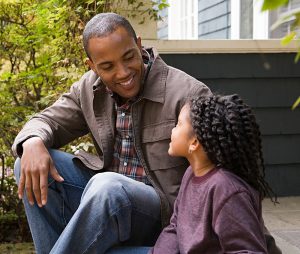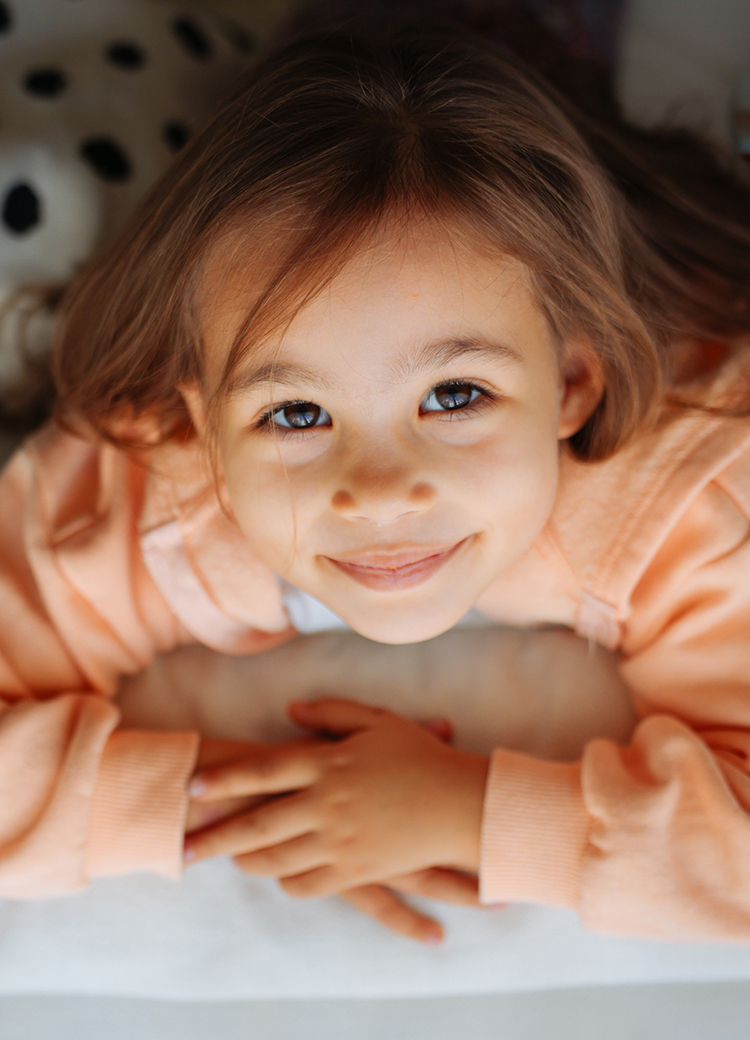Creating a culture of kindness
 Being kind to others feels good and it is beneficial to both individuals. In fact, better physical and mental health is associated with kindness. It is vital to the development of a child’s social-emotional skills. Being kind is linked to resilience. Research also supports that kindness is crucial to successful leaders because they can effectively build and maintain relationships.
Being kind to others feels good and it is beneficial to both individuals. In fact, better physical and mental health is associated with kindness. It is vital to the development of a child’s social-emotional skills. Being kind is linked to resilience. Research also supports that kindness is crucial to successful leaders because they can effectively build and maintain relationships.
There are many physical health benefits of kindness. It decreases cortisol (stress) levels and increases serotonin (happiness) levels. Being kind also lowers blood pressure and builds a stronger sense of well-being.
Helping your kids be kind
A survey of American parents found more than 90 percent of parents say one of their top priorities is that their child be kind (caring). With that said, it is not always easy to be kind - even for adults. While some may think a person who is kind is naïve or weak, it often takes courage and strength to be kind.
Kindness begins at home. Children naturally want to help. You can help your child understand kindness and kind behaviors.
Strategies to build kindness
 Read books with themes of kindness.
Read books with themes of kindness.- Use pretend play to practice kindness and empathy.
- Encourage habits like sharing and taking turns.
- Offer praise using kindness (“that was very kind of you”).
- Model kindness.
- Express gratitude.
- Talk to your kids about how good it feels to be kind.
Kindness activities for kids
 Hug an upset friend.
Hug an upset friend.- Say thank you.
- Feed the birds.
- Donate a toy to charity.
- Leave kindness stones around town.
- Bake for neighbors or friends.
- Share a joke.
- Draw a picture for someone.















